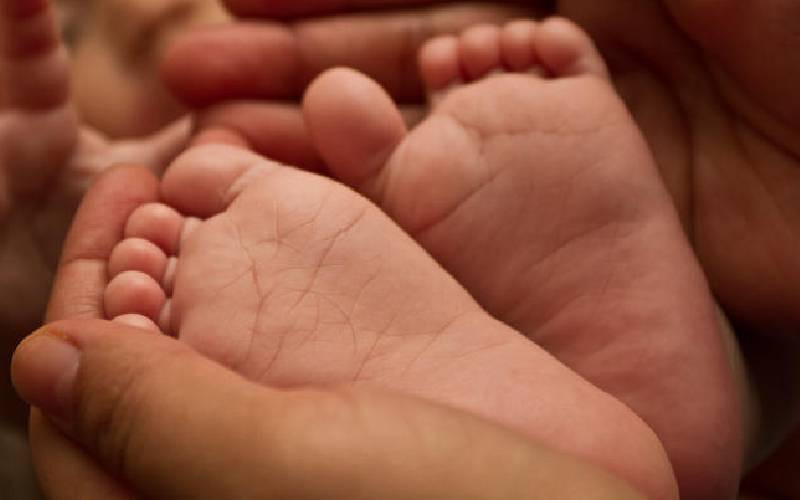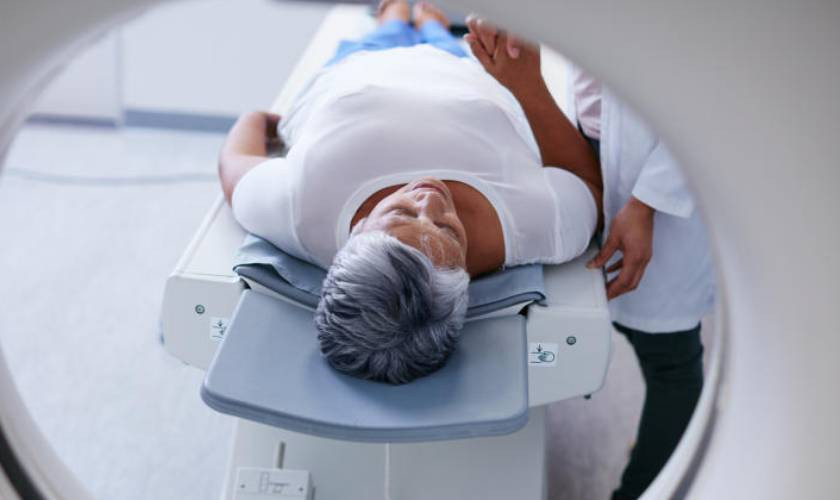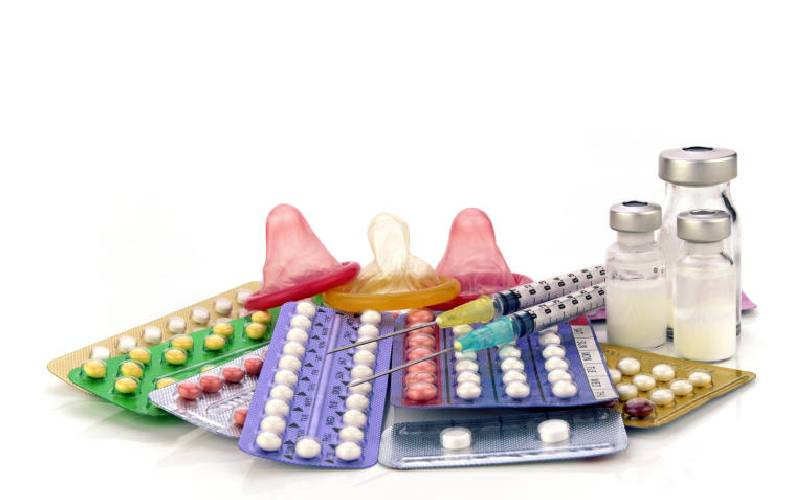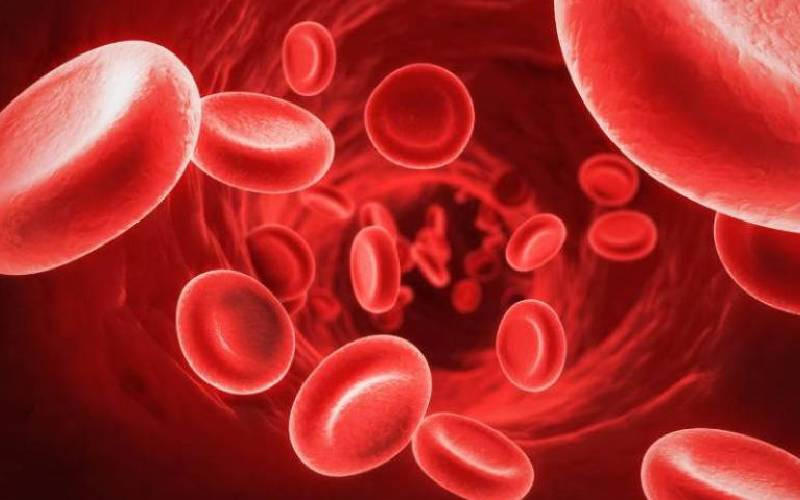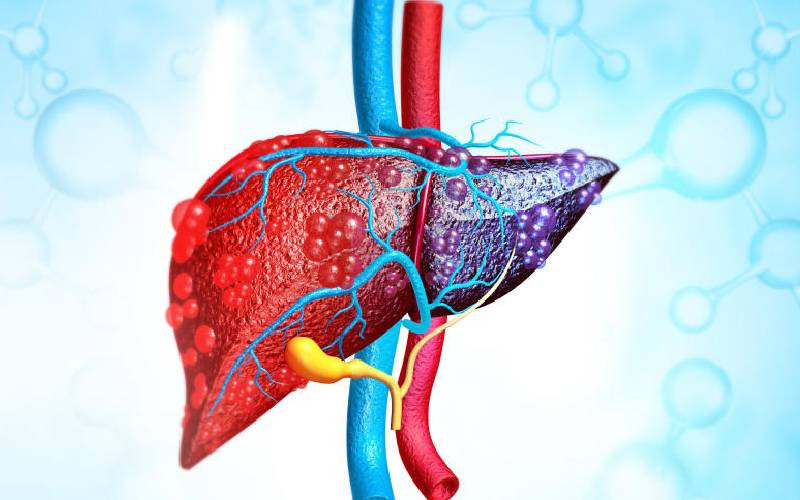
Registration for the new medical scheme that repeals the National Health Insurance Fund (NHIF) is set to commence next month.
All Kenyans above the age of 18 will register biometrically with the Social Health Authority (SHA).
Individuals will be expected to produce their national identification cards, whereas those below 18 years will produce birth certificates.
Registration for the scheme will be conducted at Huduma Centres across the country, at NHIF offices that are now under SHA and at medical centres.
However, the procedure for registration will be guided by the SHA regulations, currently undergoing public participation.
In an exclusive interview with The Standard, SHA Chairperson Timothy Olweny said the remitting of 2.75 per cent to the scheme shall commence at the point of registration.
“We intend to kick off the registration process at the beginning of March, and we are hoping to keep the timelines bearing in mind there was a time which we lost because of legal cases, but we are working to ensure the registration moves fast,” said Dr Olweny.
- Activate our NHIF cards, retired prison wardens plead
- Senator Okenyuri seeks statement on measures to recover funds lost through NHIF scam
- 68 midwives trained on best practices to improve maternal healthcare
- NHIF cover still the most popular health insurance despite failings
Keep Reading
Individuals in informal employment will have deductions of 2.75 per cent on their salaries done through their employer.
Deductions, Dr Olweny said, shall be done by the ninth day of every month.
He explained that a means-testing instrument will be used among those in the informal section, of self-income contributors.
The means-testing instrument will be used to gauge household income, which will be deducted at 2.75 per cent.
“Means-testing instrument will be used to determine those who can pay, and to what extent, and those who cannot pay will have the premiums paid by the government,” said the SHA chairperson.
Individuals under informal employment will make annual contributions to the scheme.
The chairperson explained that an annual payment mode was proposed to avoid inefficiency in access to healthcare services, more so for those in need of surgery.
“In the past, individuals have been paying to NHIF to access services, and once they access services, they default, which is not sustainable,” he said.
The chairperson emphasised that SHA needs pulling of finances by having individuals consistently pay to the scheme.
SHA will audit the upfront payment made to NHIF and have the money transferred to the authority. “SHA is the custodian of all funds,” said Olweny.
Kenyans who default will pay a two per cent penalty, according to the SHA Act, 2023, to be able to access services.
Under SHA, services have been standardised devoid of the amount contributed to the scheme.
For example, those paying Sh300 and those paying more than Sh1 million will be able to access equal services under SHA.
“SHA will not have a mix of schemes that are going to be run, it is one package for everyone regardless of contribution. This is the principal to SHA,” said Olweny.
As Kenya works towards the implementation of Universal Health Coverage (UHC), he explained that SHA is not in the business of providing healthcare but financing healthcare.
He said counties are therefore expected to enhance the capacity of their human resource, medical supplies and technologies to guarantee access to quality healthcare services by all Kenyans.

Under the new scheme, health benefits will be accessed in all facilities accredited by SHA, and licensed by medical council.
“SHA will offer services in public facilities, faith-based, and private facilities. SHA will pay standardised tariffs to all hospitals, including private and public ones. People will have the freedom to determine which facilities to access, but those looking for high-end facilities might have to top up for additional services,” said Olweny.
Further, he clarified that SHA premiums are lower compared to what used to be remitted to NHIF.
“Previous system was very inequity because for example, someone earning Sh100,000 was contributing 1.7 per cent of their pay, whereas that earning Sh5,000 was paying Sh500, which is five per cent, which is inequity,” he said.
Olweny explained that the reason for the new contribution structure is to have a progressive contribution structure.
He clarified that all employees at NHIF will need to reapply to join the new authority.
However, those currently working at the fund will be given priority.
“Transition committee is ceased of overseeing the transition of liabilities, and human resource to SHA,” he said.
“There are tools that will be used to determine what kind of employees we need, the numbers and what skills are required. Based on this, those at NHIF will be expected to re-apply,” he added.
In November, Health Cabinet Secretary gave Olweny two months to work on structures of employment at the authority.
The CS said the employees are expected to re-apply, move to other government parastatals or apply for early retirement.
But during an interview with The Standard, Olweny said employment is not a priority, as the focus is to ensure operations continue seamlessly, and services are delivered to the public in the usual manner.
Whereas NHIF has had damning scandals, the SHA Chairman said he is determined to avoid a repeat of the same through enhancing fraud detection systems.
The fraud detection technology, he said will be activated before any payment is made.
“The only way to ensure fraud is minimised is to ensure we have a robust system, and we are leveraged on fraud detection technology,” said Olweny.
“Fraud deprives everybody else of resources that would have been used to take care of healthcare,” he added.
Enforcement of action among individuals involved in fraud he said has been an issue at NHIF.
SHA governs three funds, namely Social Health Insurance Fund (SHIF), the Primary Healthcare Fund, and the Emergency, Critical and Chronic Fund.
Money paid by Kenyans shall go to SHIF, whereas the government will allocate money to run the primary healthcare fund provided at Level 2 and 3 hospitals.
The National Treasury will also allocate money to the Emergency, Chronic and Critical Illness Fund, which will serve patients at Level 4, 5 and 6 hospitals.
Public participation in the new health scheme is ongoing after the Court of Appeal lifted orders that suspended the implementation of the Social Health Insurance Act 2023.
 The Standard Group Plc is a multi-media organization with investments in media platforms spanning newspaper print
operations, television, radio broadcasting, digital and online services. The Standard Group is recognized as a
leading multi-media house in Kenya with a key influence in matters of national and international interest.
The Standard Group Plc is a multi-media organization with investments in media platforms spanning newspaper print
operations, television, radio broadcasting, digital and online services. The Standard Group is recognized as a
leading multi-media house in Kenya with a key influence in matters of national and international interest.

